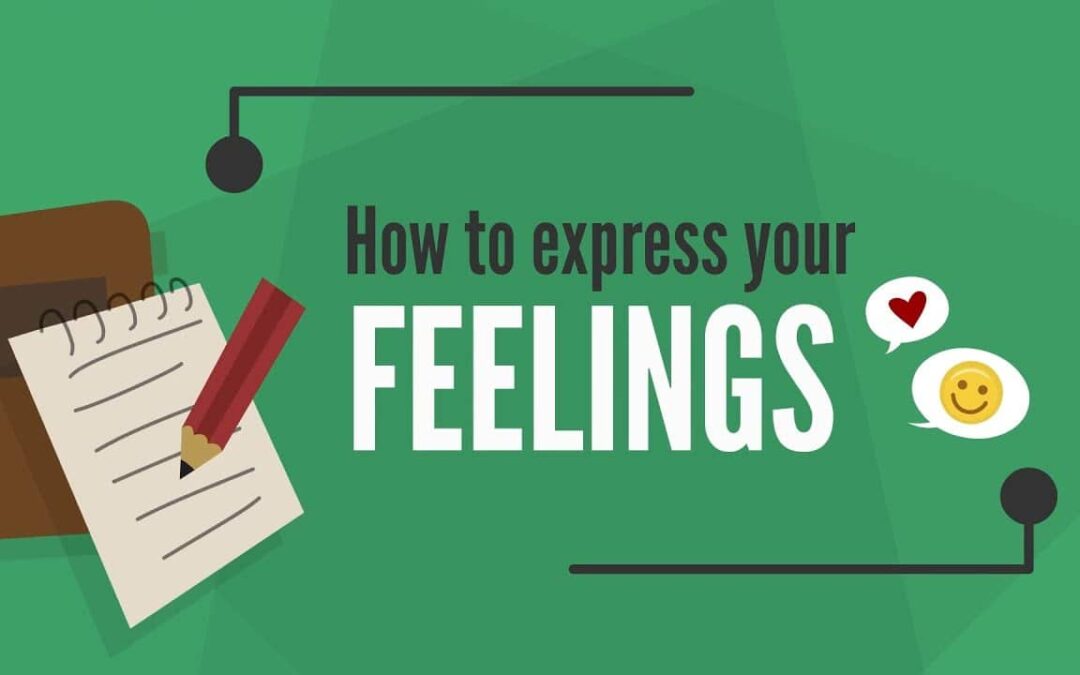How comfortable are you expressing your emotions? Most of us struggle because we weren’t raised to express emotions openly but rather suppress them. But when we suppress emotions, the energy becomes trapped, and a build-up of trapped emotions can result in physical illness. Expressing emotions can be a powerful way to communicate and connect with others. Here are some tips to help you effectively express your emotions:
1. Recognise and label your emotions
Before expressing your emotions, you must be aware of your feelings. Take a moment to identify the specific emotion you are experiencing: joy, sadness, anger, fear, or something else.
2. Choose the right time and place
Emotions are best expressed in appropriate settings. Find a safe and comfortable space to talk openly about your feelings, ensuring that you have the other person’s attention and that you won’t be interrupted.
3. Use “I” statements
Use “I” statements to take ownership of your feelings when expressing emotions. For example, say, “I feel happy when you compliment me,” instead of “You always make me happy.”
4. Be honest and authentic
Emotions are a natural part of being human. Be genuine and open about your feelings without trying to hide or suppress your emotions.
5. Practice active listening
When someone else is expressing their emotions, be an attentive and empathetic listener. Give them your full attention and avoid interrupting or dismissing their feelings.
6. Use body language
Non-verbal cues can also convey emotions effectively. Maintain eye contact, and use facial expressions and appropriate gestures to complement your verbal communication.
7. Avoid judgment and criticism
Everyone experiences emotions differently, and it’s essential to be respectful of others’ feelings. Avoid judging or criticising their emotions, even if you don’t fully understand them.
8. Practice empathy
Try to understand how others might be feeling and acknowledge their emotions. Showing empathy can create a supportive and compassionate atmosphere.
9. Manage your tone of voice
The way you speak can influence how your emotions are perceived. Speak calmly and clearly to avoid escalating tense situations, and be mindful of your tone to ensure it matches the emotion you want to convey.
10. Use art or writing as outlets
Sometimes, expressing emotions through creative outlets like art, writing, or music can be helpful, especially when you struggle to articulate your feelings verbally.
11. Be patient with yourself and others
Emotions can be complex, and it’s normal to have difficulty expressing them at times. Be patient with yourself and with others as they navigate their emotional experiences.
12. Seek support when needed
If you find expressing or managing your emotions challenging, consider talking to a trusted friend, family member, a professional therapist or counsellor who can offer support and guidance.
Remember, emotions are essential to being human, and expressing them appropriately can lead to healthier relationships and improved emotional and physical well-being. By learning to identify, express and release emotions, we improve self-awareness.

